Is America really free?
The problem with the use of the phrase “it’s a free country.”
July 4, 2021
“I can say what I want. It’s a free country!” This commonly used phrase is often tossed around casually in conversation. Recently, I have heard people use this phrase to explain why they are not wearing a mask, getting vaccinated or choosing not to follow any of the CDC’s guidelines. To say that you do not have to get vaccinated because “it’s a free country” is an invalid reason due to the fact that it is simply inaccurate.
Since the U.S. was declared free from Great Britain in 1776, it became what might be the greatest symbol of freedom in the world, but not all Americans were free when the U.S. was founded. Freedom is defined as the power or right to act, speak or think as one wants without hindrance or restraint. On July 4, 1776, White Americans were freed from British rule, but Black Americans were not freed from slavery until June 19, 1865. Even then, Black Americans were not truly free as they struggled with the repressive set of laws known as the black codes, which both limited their rights and allowed them to be used as a labor source. While America has made a lot of progress since then, we are still experiencing lingering repercussions from our past, such as the police brutality that Black Americans have faced for decades.
It has been a little over a year since the murder of George Floyd triggered an uproar of unrest among Americans, causing the Black Lives Matter movement to gain momentum. Floyd was murdered by a police officer during his attempted arrest after a store clerk thought Floyd used a counterfeit $20 bill. Floyd was unarmed when one among four of the police officers who arrived on the scene knelt on Floyd’s neck and back for nine minutes and 29 seconds, resulting in the death of yet another Black person at the hands of a police officer.
In a story published by USA Today, Floyd’s brother, Philonise Floyd, reflected on the global movement that ensued from his brother’s death.
“To everybody else this was a case, and a cause,” Philonise told the newspaper. “But to me, that was my big brother.”
In the same article by USA Today, Floyd’s friend, Tiffany Cofield, reflected on the tragic death of her friend.
“I’m angry because it was senseless,” Cofield said. “I’m angry because it wasn’t worth it. I’m angry because it was just a $20 bill.”
As reported by Newsweek, 181 Black people in the U.S. have been killed by the police since Floyd’s death, according to data from research group mapping Police Violence.
For this reason, many people’s trust in law enforcement has declined over the past few years. Nearly half of Black Americans have minimal or no confidence that police officers in their community treat people with different skin colors the same, according to a PBS NewsHour-NPR-Marist poll.
In a story published by NPR, Alexander Pittman reflects on his experience as a Black person in America. Pittman said there’s a huge amount of anxiety daily regarding any contact with police, even if you are doing nothing wrong or illegal because you know it could escalate out of control.
Additionally, since the start of the Coronavirus Pandemic, hate crimes against people of Asian descent have increased. This is due to people blaming the pandemic’s origin, China, for its spread. The United Nations issued a report describing an “alarming level” of racially motivated violence and other hate crimes against Asian Americans in late 2020.
According to an AP-NORC poll published in May, a majority of Asian Americans feel unsafe in public places due to the rise in discrimination that the Coronavirus Pandemic has ensued.
In May, Stop AAPI Hate announced that more than 6,600 hate incidents were reported in the year after the pandemic began. Their latest statistics showed that self-reported incidents of racism and hate crimes jumped from 3,795 between March 2020 and February 2021 to 6,603 within just one month in March 2021.
Among these cases was the Atlanta Spa Shootings: a shooting spree that occurred at three spas or massage parlors in Atlanta, Georgia on March 16, 2021. Six out of the eight people killed were Asian women.
Massage therapist Melanie Wang reflected on the incident in a story published by BBC. Wang said that the shooting could have happened in any Asian business and that it’s very unfair to those who died.
In the same story by BBC, massage worker Mia Lin reflected on the shooting.
“How can we not be scared? Those poor victims died just because they wanted to make some money,” Lin said.
How can we call the United States a truly free country if it is a place where people are afraid to leave their homes out of fear of being hurt or killed by someone because of who they are? A place where people feel unable to live their lives how they want to without hindrance or restraint.
To call the United States a free country is inaccurate, and referring to it as one will only give others, especially young people and non-Americans, a distorted view of our country. If you do not want to get a possibly life-saving vaccine that would not only protect yourself but also your family, then at least have a better excuse than “it’s a free country.”


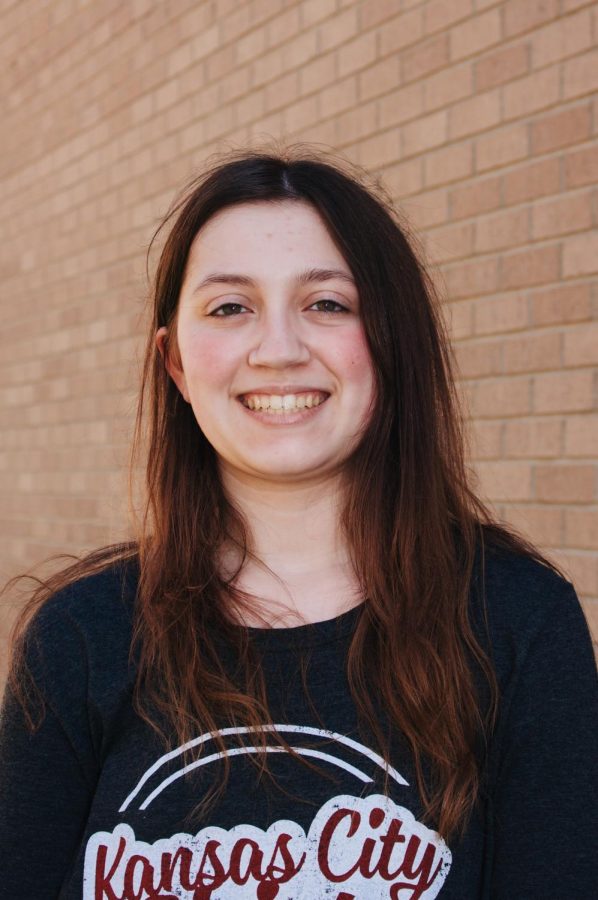
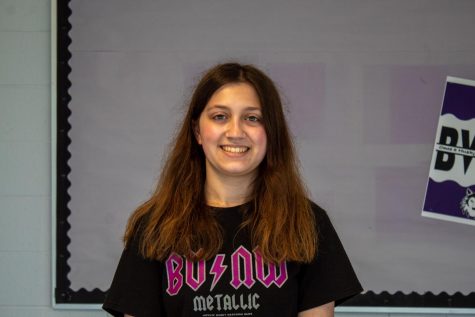
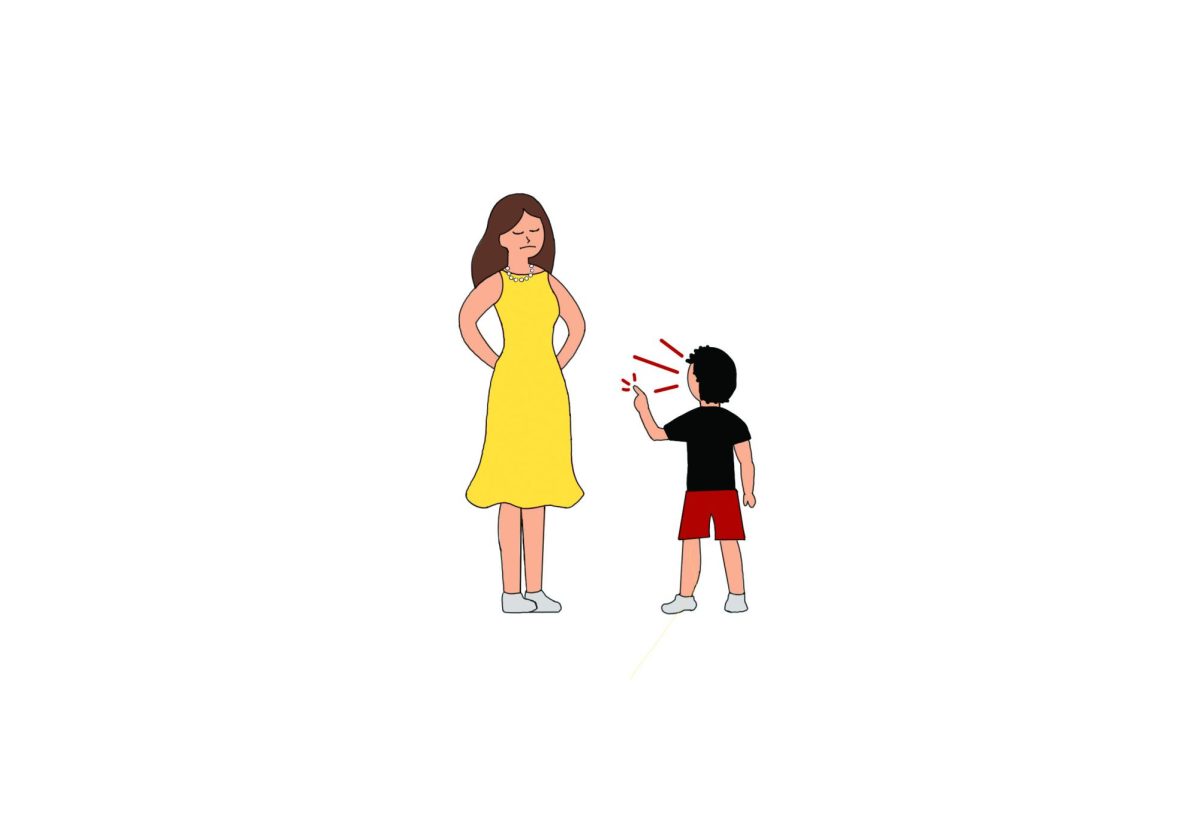
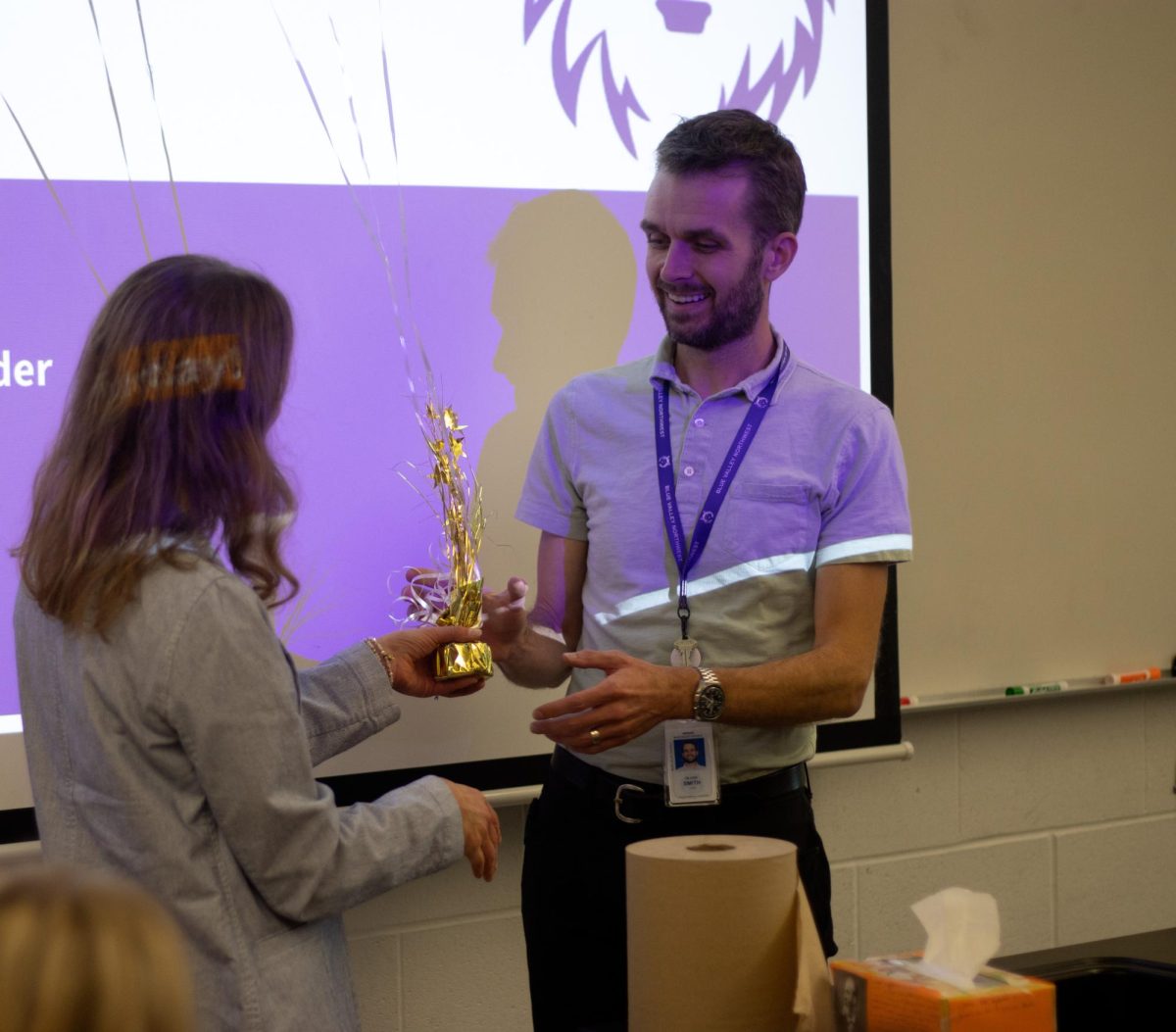
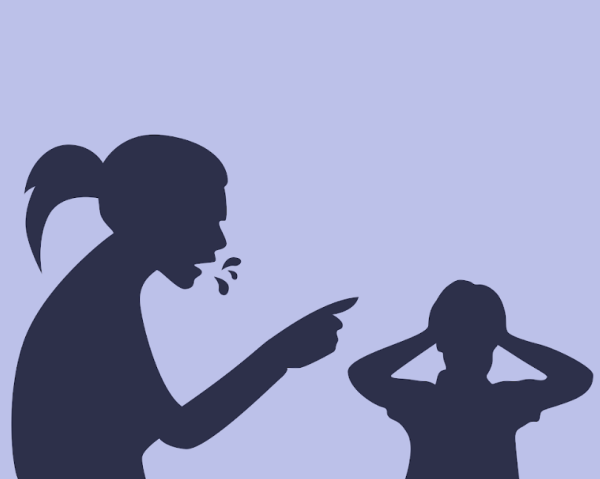
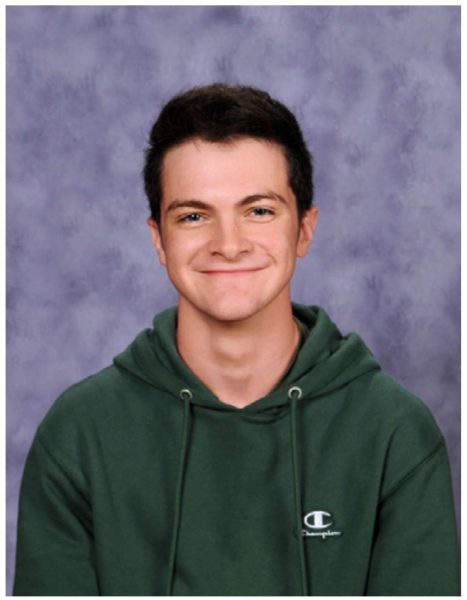
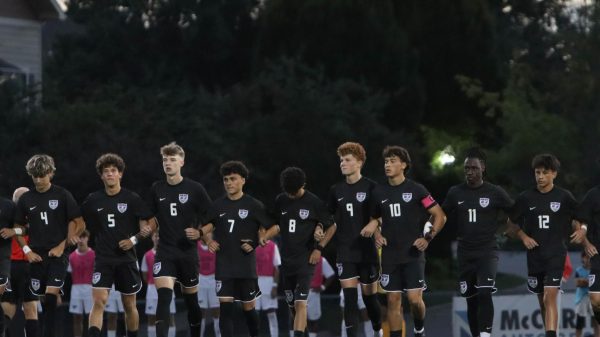



Okthis Isbull • Dec 5, 2021 at 1:59 am
This article is nonsense from some liberal nutcase. Completely avoiding the meaning of freedom to further their ignorant agenda. Literally focusing on semantics of freedom to push vaccines. Freedom has costs and there are more important things to focus on when it comes to the decline of freedom. Freedom of speech is one freedom that we don’t necessarily have anymore. If anyone thinks like the person who wrote this article then I pity you and your way of life.
luke • Sep 26, 2022 at 1:42 pm
amen
Bryan Dunfee • Nov 11, 2021 at 1:03 pm
This doesn’t really address freedom tho?